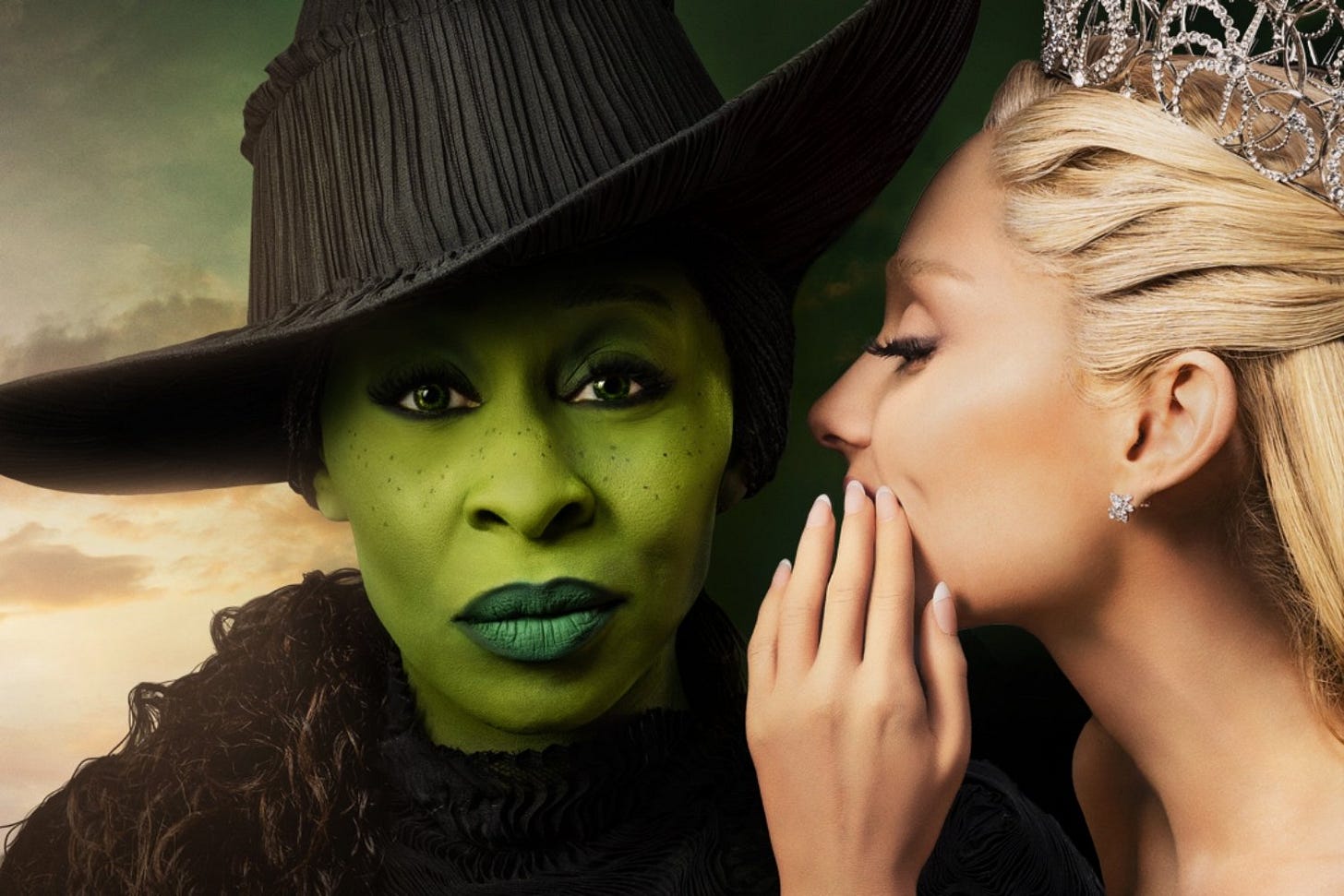Glinda isn’t wicked, but she is evil. I even have a hard time saying that sentence. Glinda is evil. Must be all the societal conditioning convincing us that women who fit the mold—polished, palatable, and pristine—can’t also be dangerous. But that’s Glinda’s whole game: glittering charm wrapped in privilege, wielded not to inspire but to maintain contro…
Keep reading with a 7-day free trial
Subscribe to The Dark Divines to keep reading this post and get 7 days of free access to the full post archives.





